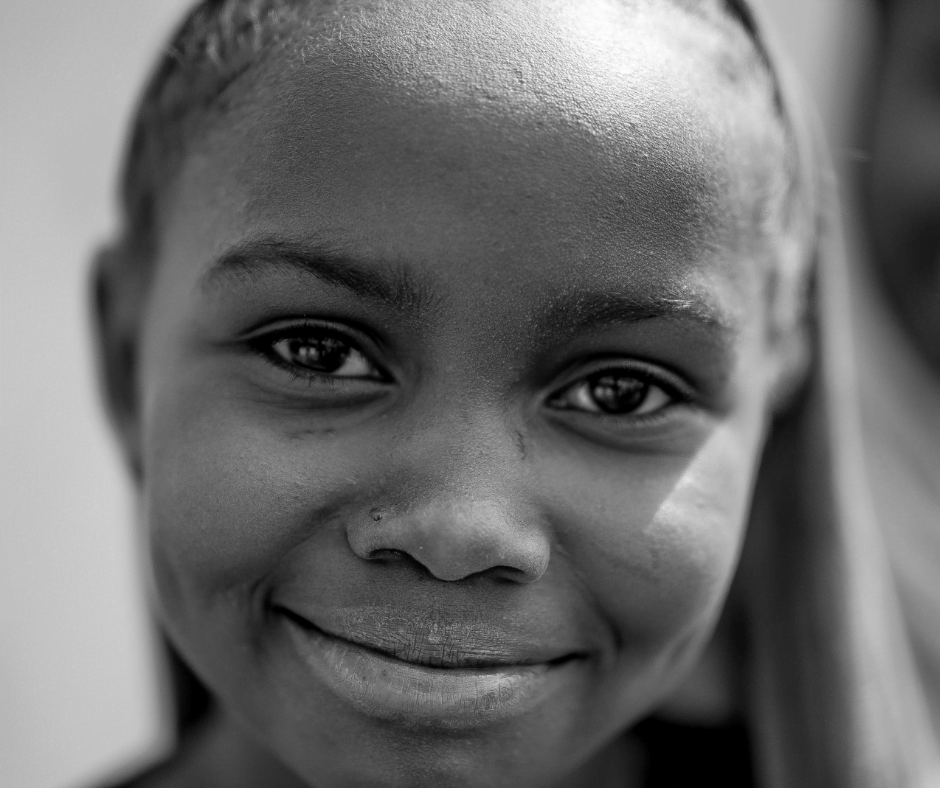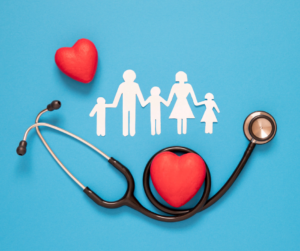by Grace Anaja
International Day of Innocent Children Victims of Aggression is observed annually on June 4 to acknowledge the pain children who are victims of physical, mental, and emotional abuse suffer throughout the world. It is also an incentive to recommit the international community to the goal of ending all forms of violence against children. Globally, many children live in areas where war and conflict is a part of their everyday life. Over one billion children now live in conflict areas around the world, a 74% rise over the previous ten years. One such country is Nigeria.
Terrorism remains one of Nigeria’s greatest challenges and children make up a disproportionate number of the victims. Children have been used as pawns for terror attacks in Nigeria by several armed groups, notably Boko Haram and its breakaway group, ISWAP. Since Boko Haram started carrying out attacks in the Lake Chad Basin in 2009, it has kidnapped, recruited, and exploited thousands of children. Children who join these terrorist organizations are exposed to various forms of violence. They might be recruited and coerced into performing dangerous tasks, exploited by groups in various roles, the targets of sexual assault, and forced to live in constant insecurity.
In addition to being the victims of forced marriages and sexual assault, girls have also been killed while being forced to perform roles as suicide bombers and combatants. When these children leave the organizations, they have been through a lot of violence, their relationships with the community have been destroyed, their personal development has been distorted, and they still have to deal with shame, stigma and social marginalization.
According to a report by the United Nations on Boko Haram affiliated groups and offshoot factions, including ISWAP, 11 children were kidnapped and at least 63 were recruited, including 54 females, between January and December 2021. 53 girls experienced sexual violence, including forced marriage, and at least 88 children were raped or otherwise victimized by parties to the conflict. A minimum of 15 schools were attacked, 12 of these by ISWAP and over 45 children alleged to be associated with armed groups were detained by the military.
Nigeria has 20 million out-of-school children, 13.2 million are victims of Boko Haram’s activities in the country’s North Eastern region, the highest number of out-of-school children in the world. Many children of school age are not in school due to the dislocation of families and the destruction of basic infrastructure. Access to education has been severely disrupted as more than 1,500 schools have been closed and 910 destroyed.
From the North West, 7 children were killed in February 2023 during a military airstrike against bandits in the Maradi region of the Republic of Niger, which borders the states of Sokoto, Zamfara, and Katsina. A report by a committee set up by the Zamfara State government to review the security situation in the state revealed that apart from people that were displaced and women widowed, 25, 050 children were orphaned, between 2011 and 2019. On 7 April 2023, at least 80 people, mostly children and women, were kidnapped in Tsafe local government area, Zamfara State.
Recognizing that preventing children from being enlisted in or used as human pawns by terrorist organizations goes hand in hand with protecting society from the threats posed by terrorism.
Social programs and political reforms are still essential for addressing the root causes of conflict, such as bad governance, corruption, poverty, youth unemployment, and environmental degradation, even though the lack of adequate military protection for vulnerable populations needs to be urgently addressed in the country.
It is our responsibility as citizens and individuals to end the abuse, exploitation, trafficking, and all forms of violence against children.









